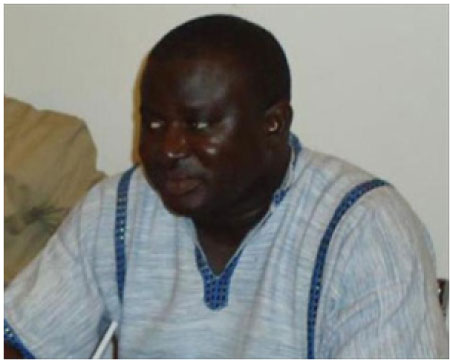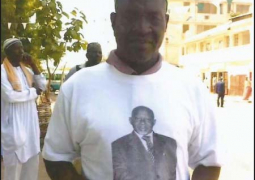
The Child Protection Alliance (CPA) in partnership with the Department of Social Welfare and funding from the British High Commission recently concluded a three-day training course for 15 helpline and hotline operators.
The participants were drawn from the Child Care Centers and others, and the course was held at the Social Welfare Shelter for the Elderly in Bakoteh.
The main objective of the training course was to build the capacity of the staff to be able to provide the requisite support be it psychosocial, health, educational and so on to child victims of sexual exploitation.
It also sought to enhance the skills of staff in properly counselling the children in need of their services, as well as be able to professionally record and refer their cases to relevant offices, when necessary.
The training course also aimed to promote the reporting of child trafficking and child sexual abuse cases to the relevant authorities.
Speaking at the closing ceremony, Fanta Bai Secka, the director of Social Welfare, spoke about their collaboration with the CPA since its inception.
According to her, CPA has made significant changes in communities across the country, and applauded the alliance for their commitment, understanding and determination in advocating for the rights and well-being of children.
The training session undertaken by the CPA was meant to train the staff of Child Care Center, Shelter and those operating the hotline/helplines, and is very important since they are the frontline access, thus need to be equipped constantly, she added.
However, she went on, “issues of children are not stagnant; they are issues that are evolving and change constantly, and we have to work hard to measure up to that change with knowledge, determination and passion”.
She also emphasized that, in child protection work, one must “always see the child as your own and treat the child as your own. Then you will give the child the care which is needed”.
“It is the child protection work that makes meaning to the lives of children that you serve, not money. You can not make money in child protection work, all what you need as a gift is see a smile on the faces of the children that you serve.
“Change attitudes and behavior by ensuring the environment is conducive for the development of the child to live and grow in a protective and lovely environment; then we are certain to have a country of youths and adults that are responsible,”Fanta Bai Secka went on.
She concluded by asserting that children are the future leaders of tomorrow. Therefore, we need to invest in them to ensure that the environment is safe for them. The protection and safety of the children is paramount, she continued.
“We hope this training will improve you, and I am challenging you to continue working with CPA and try to disseminate the skills gained from the training to your colleagues, who were not opportune to attend the training. To the parents and carers of the children that you are working with, to the community you are living in; thus you are serving as a change agent”.
Speaking earlier, Musukuta Badjie, programme officer at the CPA, gave an overview of their activities.
She said that children are, by virtue of their vulnerability and dependency, more at risk of violence, in particular sexual abuse and exploitation than adults.
“Due to their subdued and inferior position in society, dictated and formed by socio cultural and religious factors, children are expected to be seen not heard.
Because of these factors, children suffer abuse and exploitation, she continued, adding,” because of the fact that child abuse is regarded as a private family matter, and not a public concern, cases of violence and abuse against children tend to be grossly underreported or not reported at all to the authorities.”
According to her, since society, more often than not, tends to favour or support the adult against the child, whatever the situation or circumstances (couched in phrases such as a child cannot win or be in the right against an adult), children remain silent about the violation of their rights, because they think that no one would believe them.
However, she pointed out, the hotline/helpline thus becomes extremely important to serve as an outreach service for children which provides them assistance or just someone to talk to them about their problems or worries.
She finally said that over the years the Department of Social Welfare has set up a hotline to provide children and young people with an opportunity to express their concerns, and talk about issues directly affecting them.
Njundu Drammeh the National Coordinator at the Child Protection Alliance (CPA) chaired the ceremony.


